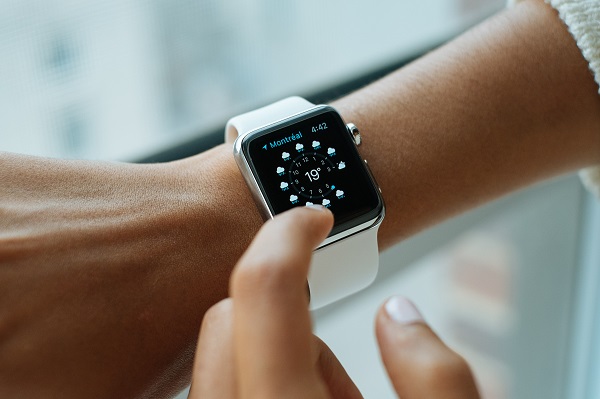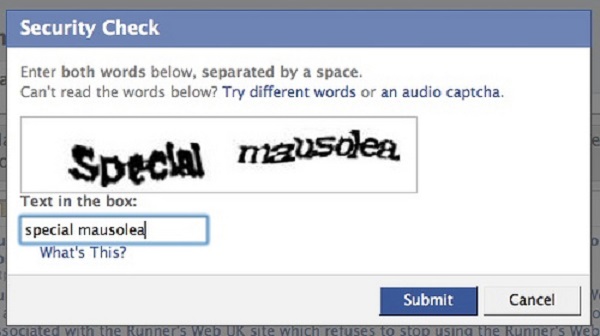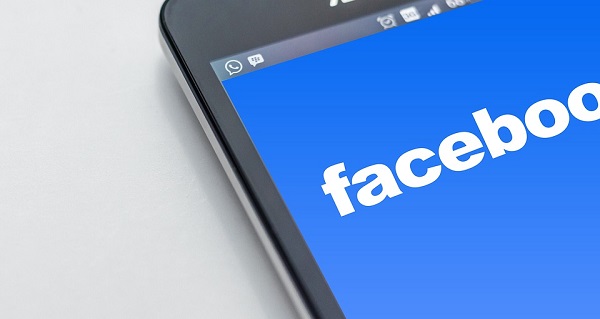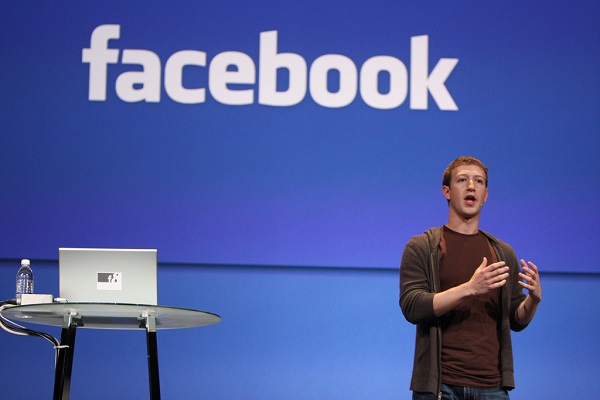
Facebook purchased stolen passwords to increases the security of their users.
Online data breaches are a very serious matter. Stolen passwords can do more damage than just compromise an account on a website. This is especially dangerous since the majority of users mostly use one password for all their accounts, one that isn’t that complicated. Others tend to have little variations on a single password.
Maintaining their users’ security is one of the main responsibilities of online companies. Facebook with its 1.7 billion users take this matter very serious and has a number of ways to ensure the security of people’s accounts. The standard way is to just develop better, more secure software.
However, even the best security measures are vulnerable and can be broken through ingenious methods. Hackers can obtain a user’s password and then sell it to various parties on the online black market. Because of this practice, Facebook has started to buy stolen passwords that are commonly traded.
These may not be necessarily from Facebook members, however, the company can cross reference them with the encrypted passwords found on their platform. According to Facebook’s chief security advisor, Alex Stamos, this approach to account safety is meant to ensure that the accounts of various of as many users as possible will remain unbreakable.
Facebook is trying to prevent cases where users have extremely simple passwords which are easy to be discovered. If your log-in information matches to one of the stolen passwords, Facebook will most likely inform you of the need to change your password to account security. Besides maintaining account safety, buying stolen passwords for various websites and platforms has the added benefit of keeping private information out of people’s hands which have ill intents.
In the last few years, Facebook has added a number of tools meant to improve the security of users’ account to being impenetrable. The tools range from adding a two-step authentication method to even adding faces of friends as failsafe after multiple failed sign-ins.
Stamos has criticized the fact that usernames and passwords still see such a wide use. He stated that they are an idea which came out of the 1950s mainframe architectures. As such, they have long outlived most of their security benefits as they are not built for 2016. Although not as widespread as the standard username and password, companies have begun to add more powerful security measures like fingerprints unlocks for phones and other devices.
Image source: Pixabay











